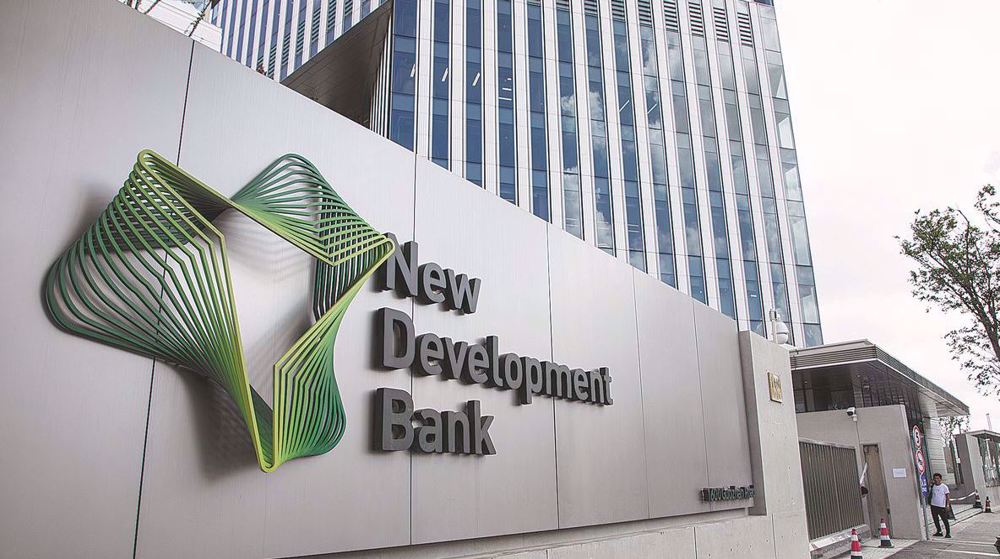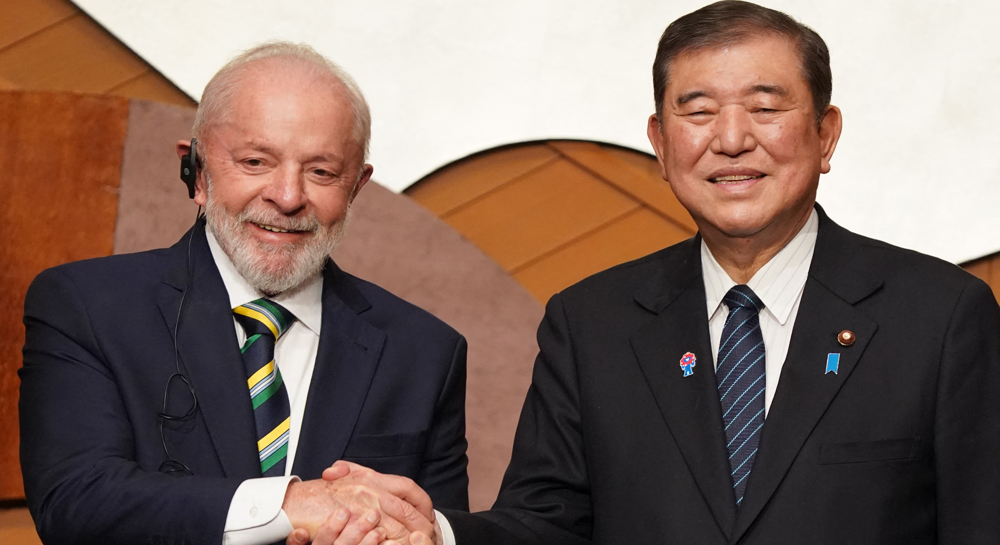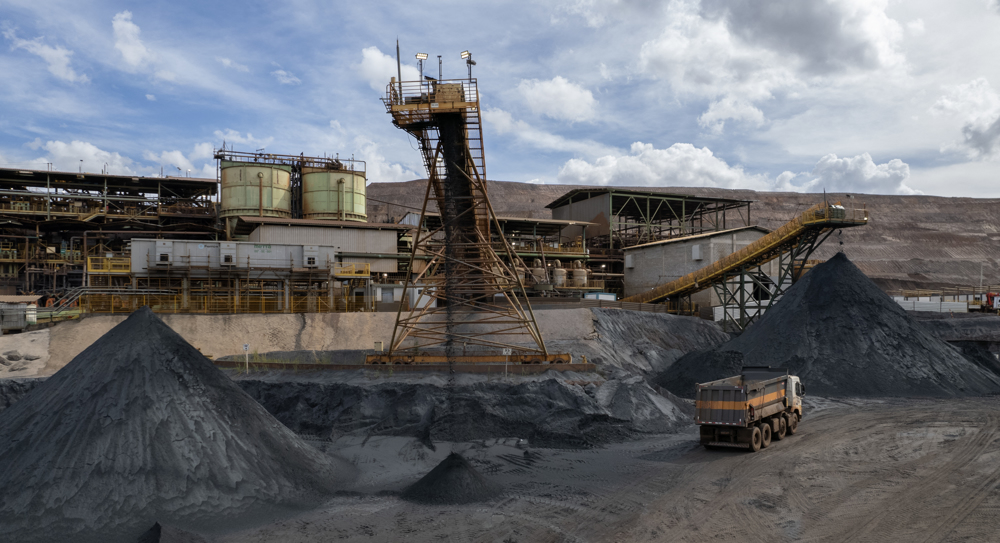Brazilian military takes over Rio security after carnival violence
Brazilian President Michel Temer has signed an emergency decree which puts the country’s armed forces in full control of security in Rio de Janeiro in an effort to contain rising street crimes and violence fueled by runaway drug gangs.
The Brazilian government announced that the decree, signed on Friday, takes effect immediately and will last until the end of the year.
The first of its kind since Brazil returned to democracy after two decades of military dictatorship in the mid-1980s, the emergency measure came amid waves of gang-driven violence and reports of massed robberies and gunfights during the Rio carnival celebrations.
“Organized crime has virtually taken control of the state of Rio de Janeiro. It’s a metastasis that has extended throughout the country and threatens the tranquility of our nation. For that reason, we have just called for a federal intervention in the public security for Rio de Janeiro,” Temer said after signing the decree.
“I am taking these extreme measures because circumstances demand it,” he said, adding that “the government will come back with a hard, firm response and adopt all the necessary provisions to confront and defeat organized crime and the gangs. We will not accept a passive response to the death of innocent people.”

The Brazilian president expressed grave concerns about the high number of violence-related deaths in the country, saying, “It is intolerable to be burying fathers and mothers, workers, policemen, young people and children and seeing whole neighborhoods besieged, schools in the crosshairs of rifles and avenues transformed into trenches.”
The Brazilian Congress is expected to ratify the decree within 10 days.
During the annual carnival celebrations, held in Rio between February 9 and 14, images of mass robberies and looted supermarkets made national headlines.
Rio state Governor Luiz Fernando Pezao issued an apology after the carnival in Rio had been marred by gang-driven violence and muggings.
Additionally, violent deaths in Rio, which is home to 16 million people, have steadily climbed in recent years.
Twenty-nine violent deaths were recorded per 100,000 residents in 2012 - the lowest total on record - but then jumped to 38 per 100,000 residents in 2016, when Rio hosted the Summer Olympics, according to government figures.
The number had reportedly increased even further to 40 violent deaths per 100,000 residents by September 2017.
Brazil’s most populous state has also been badly hit by recession and a slump in the oil market as well as massive corruption.
Conservative Temer, who replaced leftist President Dilma Rousseff last year after a controversial impeachment, faces strong opposition himself amid corruption charges.
His government’s approval has plummeted according to a recent public opinion poll.

BRICS to establish 'digital' payment system: Russian minister

Brazil's Lula urges Japan-Mercosur partnership to counter US protectionism

President Lula: Brazil to reciprocate US steel tariffs
VIDEO | Palestinian civil defense rejects Israel’s probe and exposes the crime
India downgrades ties with Pakistan after deadly Kashmir attack
Iran’s steel output up 3.7% y/y to 3.3 million mt in March
There is good chance that US and Iran can reach an agreement: Veteran diplomat
VIDEO | Yemen faces environmental crisis due to oil spill caused by US strike
Israeli forces murder minor, critically injure young Palestinian during West Bank raids
Yemen's president orders nationwide ban on all US products
France detains Iranian journalist amid crackdown on pro-Palestinian voices







 This makes it easy to access the Press TV website
This makes it easy to access the Press TV website